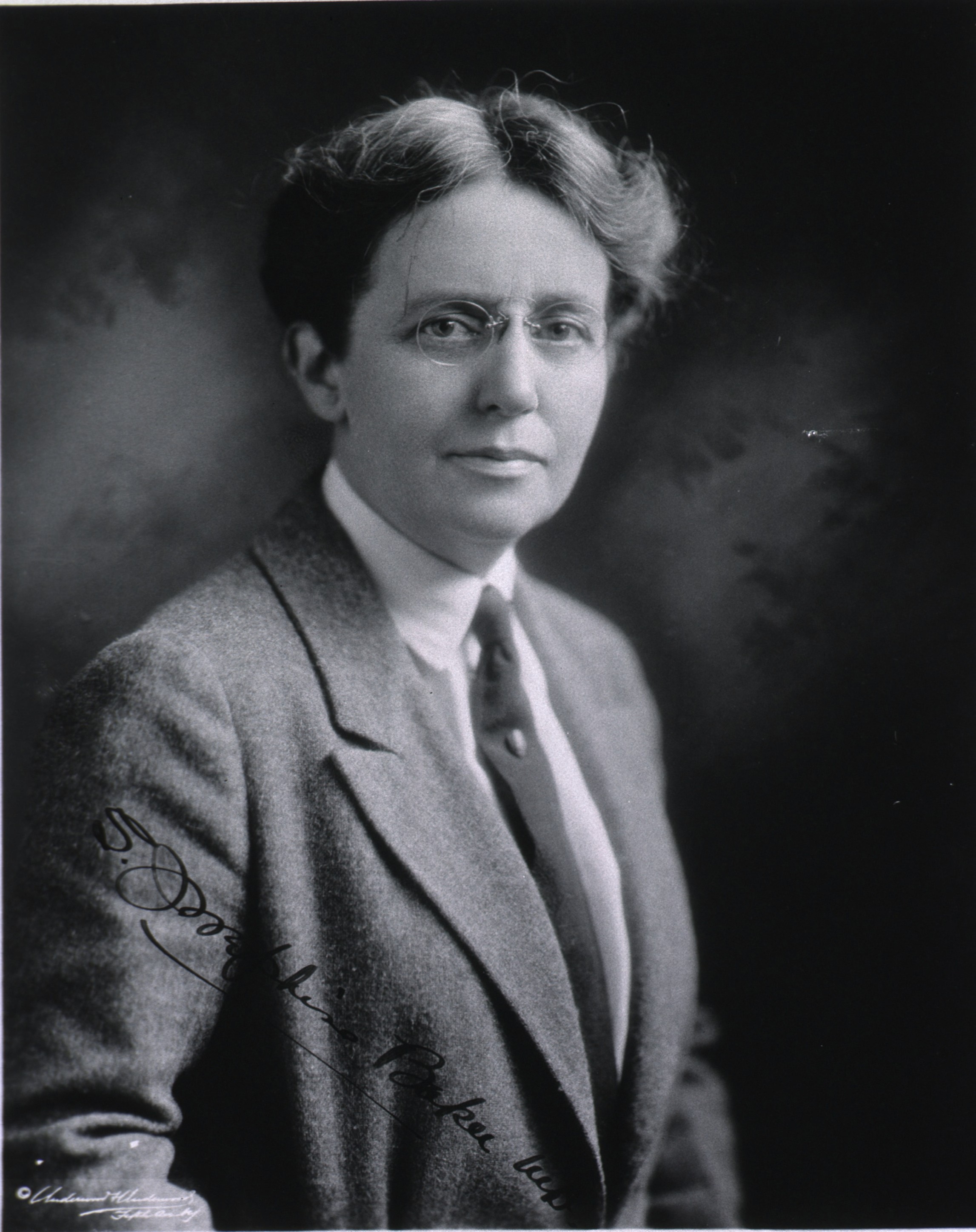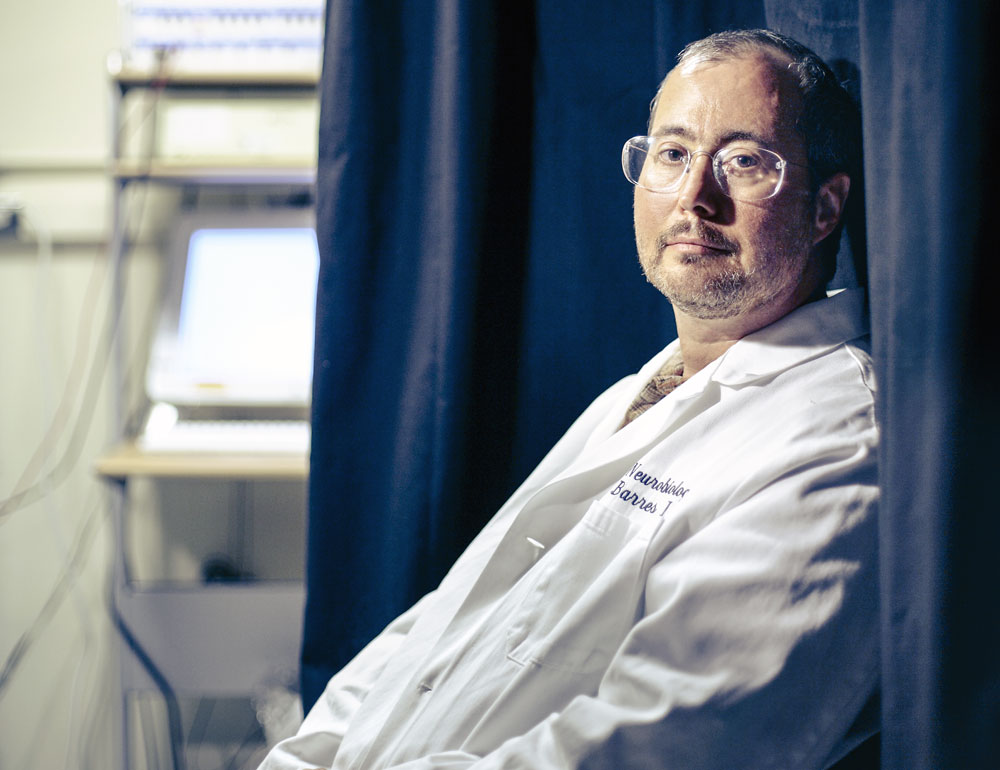As part of June’s Pride Month, we’re highlighting the contributions that LGBTQIA+ community members have made in the fields of STEM.

Sara Josephine Baker
Sara Josephine Baker‘s contributions to public health have saved many lives, both during and after her lifetime. To her credit are the inventions of a safe infant formula that enabled women to go back to work, an eye drop system to keep infants from contracting blindness due to gonorrhea, and safety lessons and licenses for midwives to reduce childbirth fatalities. Later in life, she would become the first female graduate from New York University Medical School with a Doctorate.

Ben Barres
Ben Barres was a pioneering neurobiologist at Stanford University. His work and research on glia, a type of brain cell, revolutionized our understanding of the brain. In 2013, Barres became the first openly transgender member elected to the US National Academy of Sciences, which includes many United States’ leading scientists.

Ruth Gates
As a renowned marine biologist and conservationist, Ruth Gates dedicated her life’s work to save the world’s coral reefs from climate change. She helped develop “super coral,” a type of coral that is more resilient to climate change. Additionally, Ruth was the first woman to be named President of the International Society for Reef Studies. Her research lab, Gates Coral Lab, continues to make scientific improvements toward coral conservation.

Allan Cox
During his career as a geophysicist, Allan Cox helped develop a method to measure the changes in the Earth’s magnetic alignment and the geomagnetic polarity time scale. The method provided a way to test the seafloor spreading hypothesis, which gave some of the first credible evidence to the theory of plate tectonics. Additionally, Allan studied the effect that unrestricted logging can have on soil, streams, and watersheds, resulting in the danger of fires and landslides. His research helped create logging regulations that lessen the impact made on the environment.
In many STEM workplaces, sexual orientation and sexual and gender identity are not common topics of conversation. Due to this, the LGBTQIA+ community receives little attention within the field. In a 2019 survey, 30 percent of LGBTQIA+ scientists said they have considered leaving the STEM field because of a hostile and discriminatory environment.
To create an environment where the best scientists can flourish, and the best science can be done, we need to ensure that all feel comfortable and that resources are accessible. Doing so won’t just benefit our LGBTQIA+ colleagues but everyone in our workforce. This month and every month, may we all strive to create more inclusive and comfortable environments.
Suiter Swantz IP is a full-service intellectual property law firm providing client-centric patent, trademark, and copyright services. If you need assistance with an intellectual property matter and would like to speak with one of our attorneys, please contact us at info@suiter.com.
